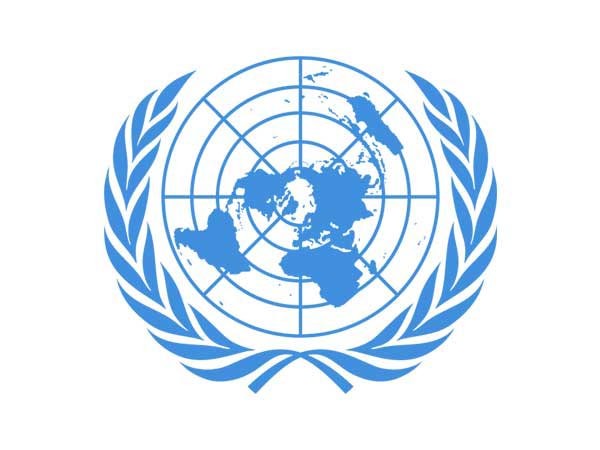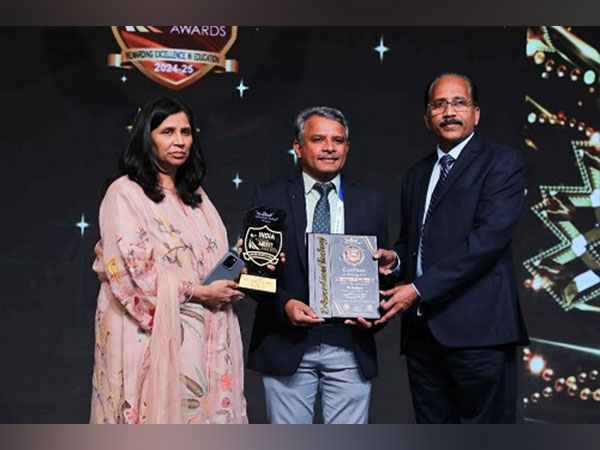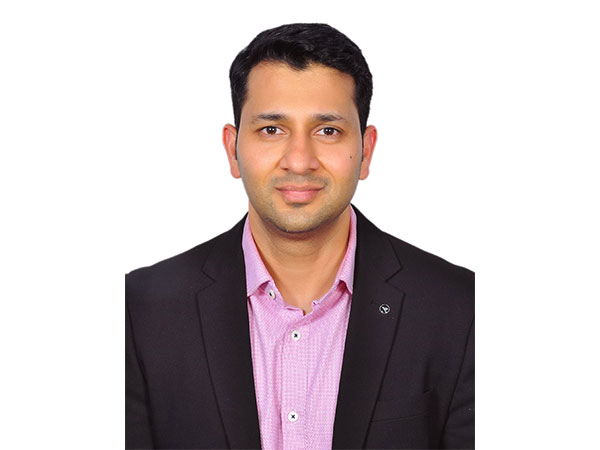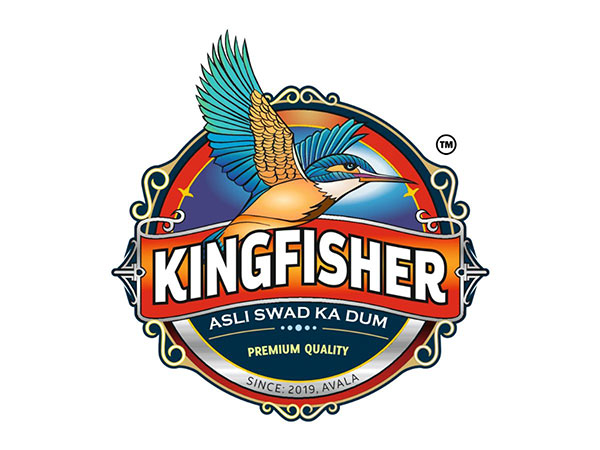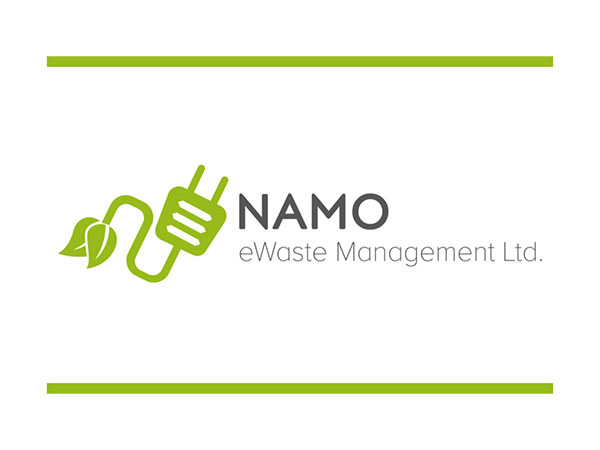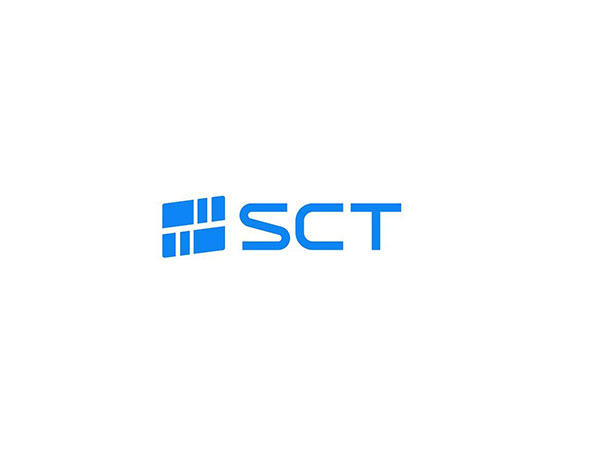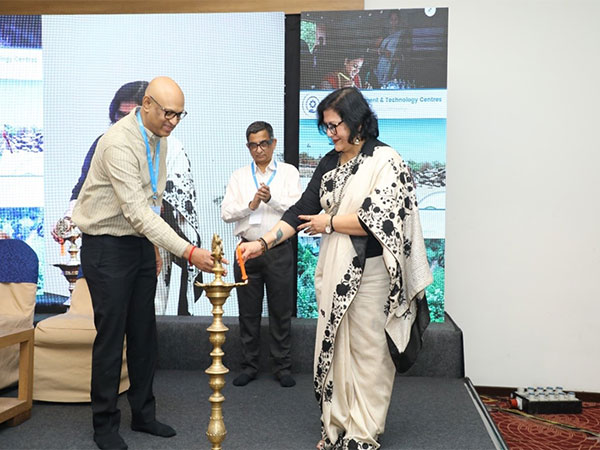UN hunger report presents a new approach to financing the end of food insecurity and malnutrition in all its forms
Jul 16, 2024
Rome [Italy], July 16: The 2024 edition of the State of Food Security and Nutrition in the World (SOFI) report, to be officially launched on July 24, takes a deep dive into salient themes regarding financing for development, in particular financing for food security and nutrition to meet the targets of Sustainable Development Goal (SDG) 2, with the aim of creating better identifying opportunities, strengthening accountability and traceability, and ultimately improving financing productivity.
Some aspects and findings of the UN flagship report were highlighted today at the Special Event on Financing to End Hunger, Food Insecurity and Malnutrition in All its Forms, within the UN Economic and Social Council High-Level Political Forum in New York.
Speaking through a video message, the Director-General of the Food and Agriculture Organisation of the United Nations (FAO), QU Dongyu, noted that more, better-targeted and less risk-averse financing is needed to move the world closer to eradicating hunger.
Countries have not been able to mobilize sufficient resources to fund the necessary policies, programmes and interventions, the Director-General added.
Failing to bridge the financing gap will have consequences that will also cost several trillion US dollars. "Financing zero hunger today is investing in a better future tomorrow," he said. SOFI 2024 makes it clear that the countries with the most alarming levels of hunger tend to be those with the least access to financing, highlighting the need for innovative, inclusive and equitable solutions to scale up investments in those areas, Qu noted.
In his remarks, FAO Director-General Qu proposed three major themes that can improve the productivity of development finance.
First, coordination and consensus - Qu insisted on the importance of better targeting for the people most in need.
Second, donors and other global partners should become more risk-tolerant and involved in de-risking activities. That, he noted, befits the nature of agrifood systems themselves, which operate under risk and uncertainties that are continuing to increase.
Lastly, more blended financing is needed, as the scope of the problem to be tackled goes beyond the public sector's capabilities. Collaborative partnerships keyed to a blended finance approach, today still a modest contributor to development finance, can reduce the financial risks that otherwise too often make access to resources too expensive.
"If we act upon these three calls, we will move closer to SDG2," the Director-General said.
Source: Emirates News Agency
